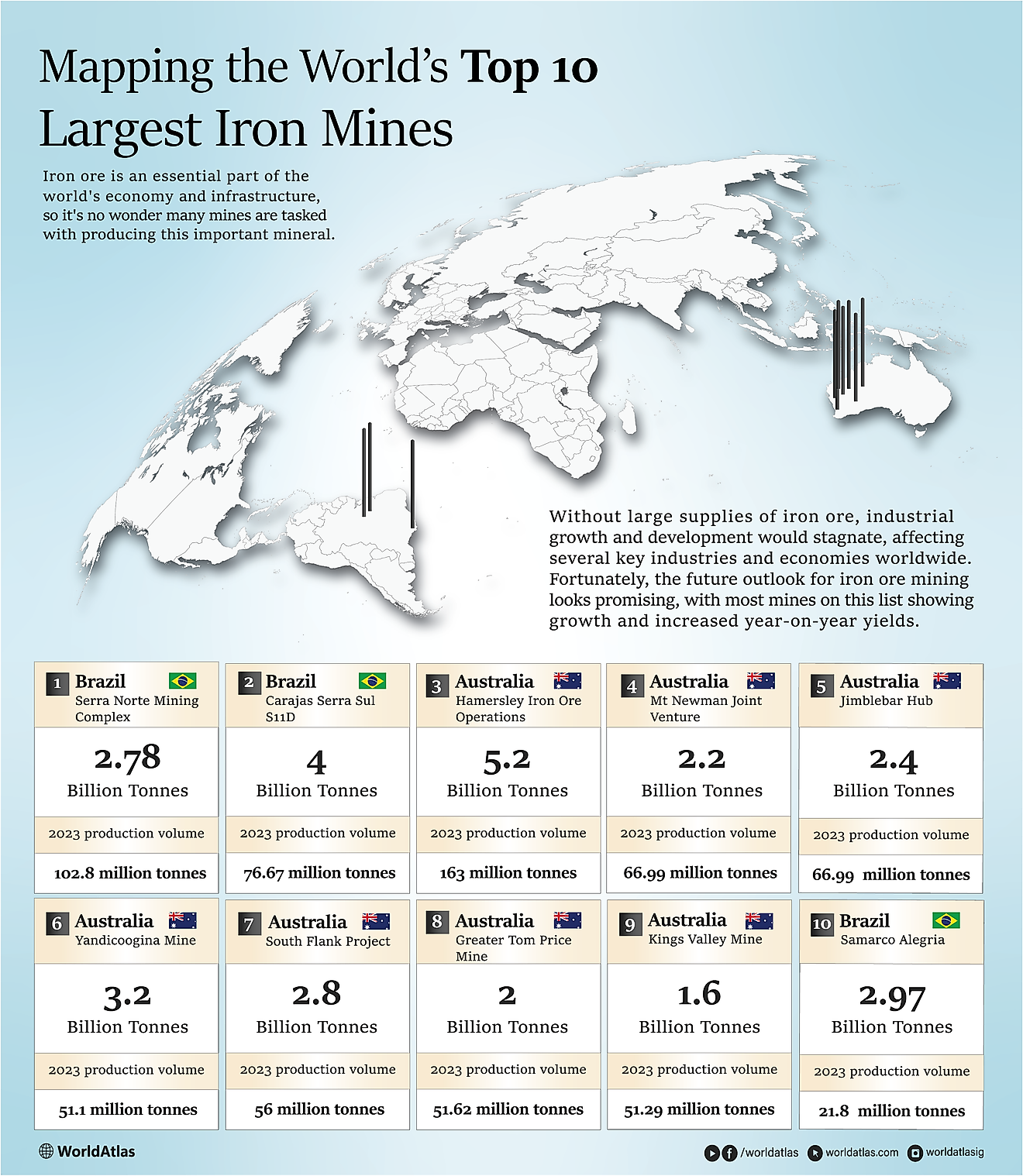What Is Title X?

The US has a unique and one of the most advanced health care systems in the world. A major aim of the health care system in the US is to reduce maternal death and unintended pregnancies through family planning. The federal government has not only supported local reproductive health and family planning (RH/FP) services but has also been one of the largest global donors to RH/FP in the last 50 years. In 1970, the federal government under the administration of Richard Nixon created a grant program to provide RH/FP services to its citizens. This federal grant program became known as Title X Family Planning Program or simply as Title X.
Overview Of The Program
Public Law 91-572, popularly known as Title X Family Planning Program, was included as part of the 1944 Public Health Service Act in 1970 by President Nixon. It is the only grant program by the federal government that is aimed at providing comprehensive RH/FP to individual citizens. Services provided under this grant program include screening for cervical and breast cancer, provision of contraception, testing and treatment of STIs, and pregnancy testing and counseling. Title X is designed for those who do not have access to health care services including uninsured and low-income individuals. The overall aim of the grant program is to promote healthy families and positive birth outcomes.
How Is Title X Administered?
Title X is administered by the Office of Family Planning which falls under the Office of Population Affairs. According to the OPA, the grant program operates funding community-based clinics that offer family planning services and related reproductive health services. The beneficiary of the grant program includes local health departments, university health centers, tribal organizations, community health centers, hospitals, and faith-based organizations. Title X funds the Public Health Service Regional Offices which in turn award grant funds to community-based clinics through a competitive review process. In addition to providing RH/FP services, Title X aims to also improve the quality of FP services offered in the US as well as help beneficiaries of the grants to better respond to the needs of the patients.
Who Funds Title X?
Title X receives its annual funding through Congressional appropriation. In FY2010 appropriation, the grant program received approximately $317 million. However, in FY2018 appropriation the funding was approximately $287 million. Apart from Congressional appropriation, the program also receives additional funding from Medicaid reimbursements and other federal sources.
Benefits And Impacts Of Title X
Title X Family Planning Program is credited with helping and supporting families in determining the ideal sizes of their families. The program also provides preventive health care services that can help identify serious health conditions. Without Title X, most low-income families will be at risk of not accessing RH/FP services. According to statistics, the Title X program has significantly led to the prevention of unintended pregnancies, thereby decreasing the number of abortions in the US. In 2006, up to 1.9 million unintended pregnancies were avoided through publicly funded family planning services. Over 4,500 clinics benefit from the program annually. These clinics serve over 5 million people.











